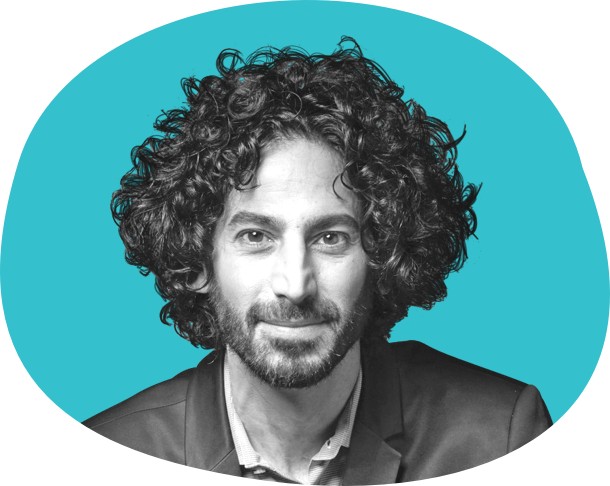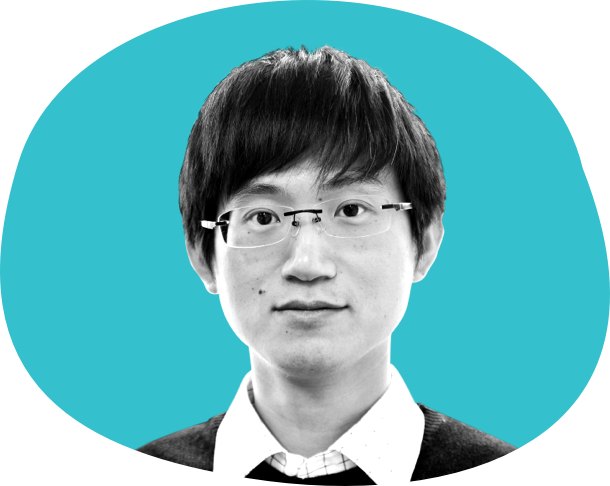Cancer immunotherapy is revolutionizing the treatment of many cancers. This revolution is being led by drugs that enhance the immune system’s T cell’s ability to kill cancer cells. This includes drugs such as Keytruda, an antibody that blocks a molecule called PD1 on T cells, and Kymriah, a living drug which is a product of using gene therapy to engineer a patient’s own T cells to better attack their cancer cells. Despite the amazing successes in some patients, unfortunately, not all patients respond to current immunotherapies.
One of the cell types that appears to be responsible for the failure is a cell type called a macrophage. Macrophages are part of the immune system and have a function in protecting us from infections. However, tumors can reprogram macrophages to suppress other cells of the immune system, which benefits the tumor by preventing killer immune cells from entering the tumor and killing the cancer cells. Considerable evidence indicates that eliminating the macrophages of a tumor could improve patient outcomes and response to treatments, but traditional pharmacological approaches for doing this have not shown clinical benefit.
To overcome the limitations of traditional drugs, we will harness the power of gene therapy and develop a new type of living drug in which we would gene engineer a patient’s own T cells to kill the immune suppressing macrophages in their tumors. This would eliminate a major barrier to immunotherapy treatment and help the patient’s immune system to eliminate cancer cells. This novel strategy will draw on the considerable advances in the gene therapy field that led to the development of Kymriah, and other drugs based on the use of chimeric antigen receptor (CAR).
We will develop a CAR that specifically kills macrophages in a tumor, while sparing macrophages in healthy tissue. We will test our strategy in preclinical animal models of lung and breast cancer to determine if our tumor macrophage killing CAR can lead to the elimination of aggressive tumors. We will also evaluate further refinements to the therapy to make these CAR even more potent at helping the immune system permanently eliminate different cancer. This project will lead to the development of a new gene and cell immunotherapy with the potential to treat a wide variety of cancers and help a patient’s own immune system end their cancer.
This Alliance for Cancer Gene Therapy Research Fellow is funded in part by Swim Across America.





